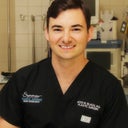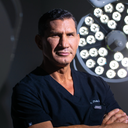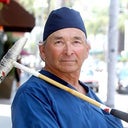Feeling sick after turbinate reduction with radiofrequency
Hi, Is it normal to feel sick after a turbinate reduction (conchotomy) surgery? Pain, stuffed nose and dripping from the nose. Today, 5 days after the surgery I have a sore and inching throat. My doc said nothing about this and said I would notice improvements with my turbinates within couple of days. I'm using nasal spray with oxymetazolin and steroid spray. I hate this right now!








